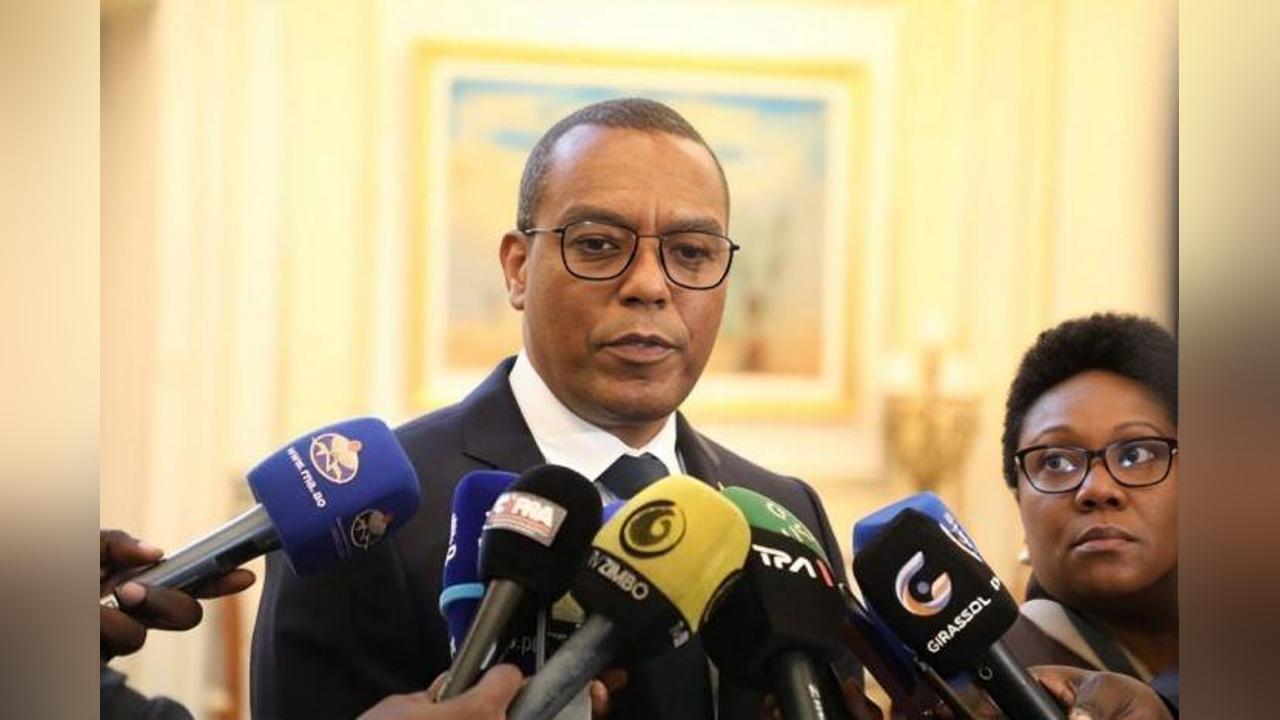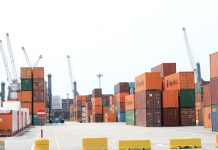Africa-Press – Angola. Non-oil revenues surpass oil revenues for the first time in Angola’s General State Budget (OGE), the Minister of State for Economic Coordination, José de Lima Massano, revealed this Friday in Luanda.
According to the minister, this indication in the proposed 2026 OGE marks a structural change in the national economy, as it reflects, for the first time, the advancement of the country’s economic diversification.
The non-oil sector is growing significantly and, according to the most recent data from the National Institute of Statistics, industrial production registered growth of approximately 12% in the last 12 months, he emphasized.In statements to the press after the delivery of the State Budget proposal to the National Assembly, he announced, among the planned fiscal measures, adjustments to the Special Consumption Tax (IEC) rates on alcoholic beverages and cigarettes, the revenue from which will be allocated to the purchase of medicines.
He also spoke of exemptions from interest on overdue tax fines and exemption from Urban Property Tax for residential properties valued up to 40 million kwanzas.
Social Sector
The Minister of State for Economic Coordination stated that the proposal continues ongoing actions in the social field, notably the expansion of the National School Feeding Program and the strengthening of investments in health, infrastructure, and support for national production.
The governor emphasized that the 2026 State Budget, valued at 33.2 trillion kwanzas, represents a budget of continuity and fiscal responsibility, prepared based on an average oil barrel price of $61 and a daily production of 1.05 million barrels.According to José de Lima Massano, the budget prioritizes strengthening social programs, namely the Kwenda Program and expanding school meals to all public primary schools, “regardless of the vulnerability level of the municipalities.”
The minister also highlighted that the Executive will continue to invest in the health, social assistance, and infrastructure sectors, encompassing water, energy, roads, ports, and railways projects, guaranteeing budgetary space for the regular execution of public works.
Reinforcement of the BDA’s share capital
The Minister of Economy also informed that the Development Bank of Angola (BDA) will have its share capital reinforced by 100 billion kwanzas, with the objective of financing productive projects that promote the diversification and modernization of the national economy.
Regarding expenditure, the minister highlighted that the 2026 State Budget shows a decrease of approximately 4% compared to the 2025 budget currently being implemented, resulting from the reduction in the benchmark price of oil and the Executive’s decision to maintain macroeconomic balance without resorting to increasing public debt.
“We prefer to maintain fiscal discipline and balanced public accounts, essential factors for price stability and sustainable economic growth,” he stressed.
José de Lima Massano also announced that, in the coming hours, the Ministers of Finance and Planning will hold a press conference to detail, by sector, the main allocations and priorities of the 2026 State Budget.
For More News And Analysis About Angola Follow Africa-Press






